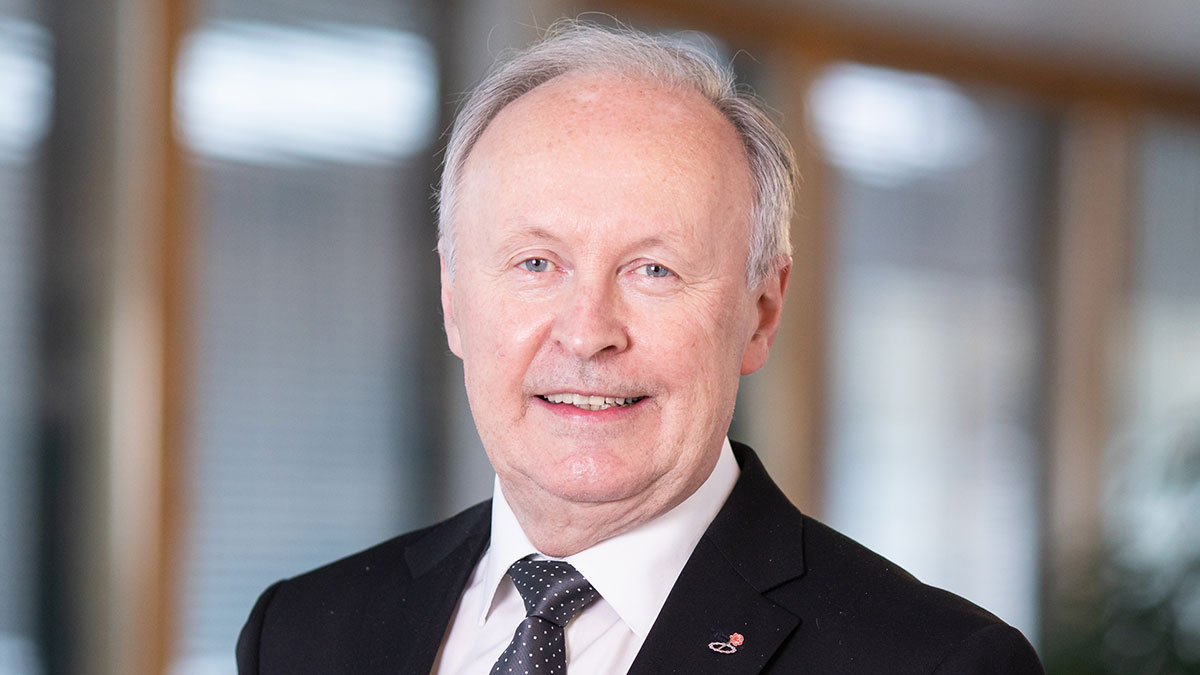The future of the century-old maternity clinic in wellbeing services counties

Finland’s maternity clinic system celebrates its centenary this year. The system began in a renovated log cabin room of the Children’s Castle hospital in Helsinki.
Its founders included the distinguished paediatrics professor Arvo Ylpö and chief nurse Baroness Sophie Mannerheim. The Mannerheim League for Child Welfare played a key role in establishing maternity clinic operations, which were placed on a statutory footing in 1944, meaning that a maternity and child health clinic had to be established in every municipality by 1949. The 1972 Primary Health Care Act integrated the maternity clinic into the health centres operated by municipalities or joint municipal authorities. Maternity clinics are nowadays regulated under the 2010 Health Care Act and a Government Decree.
Infant and maternal mortality rates decreased significantly in Finland over the early decades of clinic operations, with improved hygiene standards in homes, a fall in rates of infectious disease and tuberculosis, and the advent of systematic vaccination programmes. Maternity clinics nowadays arrange extensive health examinations focusing on the welfare of the whole family, with one of these taking place prior to confinement and three thereafter. Prenatal acknowledgement of paternity has been possible at maternity clinics since 2015, and this facility is used a great deal. A similar opportunity for acknowledgement of maternity has been available since 2019 for female couples who have received fertility treatment. The maternity clinic system remains a key factor in good vaccination coverage of children. A 2021 client satisfaction survey at clinics indicated high levels of satisfaction with confidentiality, the interest taken by clinic staff in family issues, and the process of making decisions jointly with families.
Maternity clinics have become a jewel in the crown of the Finnish public health service, and constitute a key investment of our society in the children and families that are our national future. The maternity clinic is a universal service for all expectant mothers, and for mothers of children under school age and their families. This service reaches practically all Finnish families expecting a child and families with children. Clinic services are based on periodic health examinations that include health counselling. Maternity clinics also assess the overall circumstances of expectant mothers, children and families, tailoring support to those in need.
Maternity clinic services as part of the health and social services reform
The health and social services reform will transfer responsibility for maternity clinic services from municipalities to wellbeing services counties. These counties will now be superbly positioned to formulate a new comprehensive impression of maternity clinic operations that will ideally carry those operations forward for the century to come. The review will cover the resources, management, uniformity and accessibility of practices, and the developmental needs of maternity clinics at the level of wellbeing services counties, together with planning of corresponding measures. It will also include a survey of maternity clinic service networks by wellbeing services county, examining how and in which municipalities, urban districts and individual establishments clinic services are arranged within the county.
A wellbeing services county will have to identify the special features of maternity clinic services, which function on principles that differ from those of other operations, such as health centre or other health and social services. All families with children use these services, with periodic examinations forming a systematic continuum involving regular meetings with families. This makes maternity clinic services special compared to other health and social services. We need good management of maternity clinic work and enhancement of operations with a view to meeting the needs of clients in a manner that involves the staff and accommodates their welfare.
Integration of services for families with children into the health and social services system
Maternity clinics are a key component of health and social services for families with children. The maternity clinic serves as a point of access or inroad for any other health and social services that may be required. Identifying problems and potential service needs, and arranging referrals to other services are core functions of a maternity clinic.
Collaborative structures must be established in wellbeing services counties between maternity clinic services and other primary health care, oral health care, social welfare and specialised health care services. Effective collaborative relations must also be established with services that will remain under the control of municipalities, such as early childhood education and care, and with the work of organisations.
The maternity clinic must continue to be a jewel in the crown of health and social services as a universal service that is fully integrated with other health and social services, and that evolves and regenerates in line with the times and with the changing needs of clients. I would like to convey my warmest congratulations to the century-old maternity clinic institution, and to the staff of maternity clinics and their clients both great and small!
Aki Lindén
Minister of Family Affairs and Social Services
Read more: